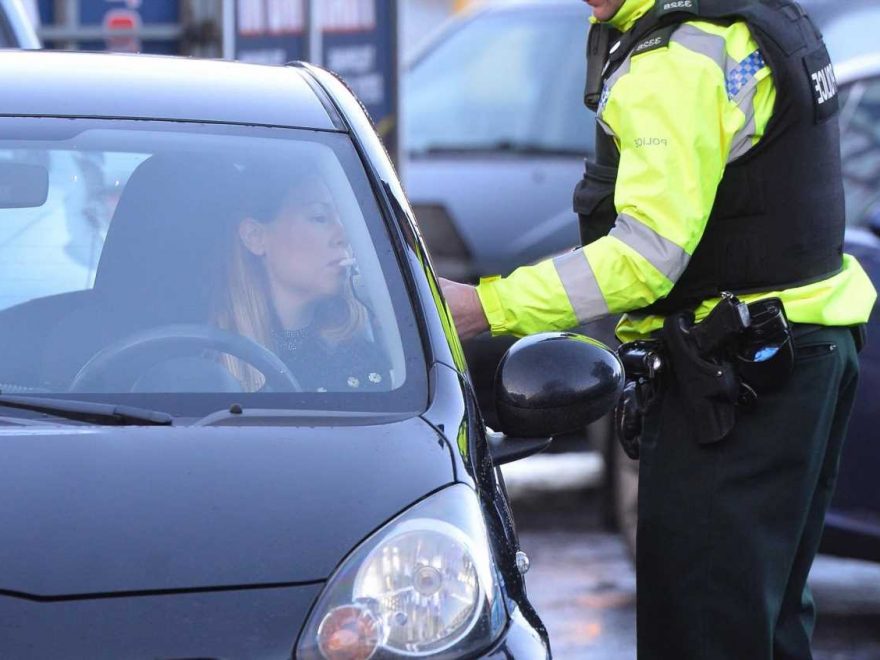HAVING a cheeky glass of wine or a well-earned pint of beer has become a staple for many people.
But how long does it take alcohol to leave your system after that first delicious sip?
How long does alcohol stay in your system?
Alcohol leaves your body at a rate of about one unit per hour – but this can vary from person to person.
Your size, gender, state of your liver, metabolism and how much you've eaten can all affect how quickly or slowly your body can process alcohol.
Dr Paul Wallace, Chief Medical Adviser for Drinkaware says: "The amount of alcohol in your bloodstream depends on three things.
"The amount you take in, over what period of time and the speed at which your body gets rid of it."
Can I sleep it off?
Sleep has no bearing on the rate at which the alcohol leaves your bloodstream.
Research by the Institute of Advance Motoring suggests that people don't understand that just because they've been to sleep, it doesn't mean they are no longer affected by alcohol.
It states: "Many drivers who would not consider driving after a night in the pub fail to recognise the influence of alcohol on their body the next day, or simply choose to ignore its effects."
Can I drink coffee or water to speed it up?
There's nothing you can do to speed up the rate that alcohol leaves your system.
The alcohol is broken down in your bloodstream mainly by enzymes in your liver – the process can take longer if your liver is damaged or not functioning normally.
Drinking lots of water or coffee or even having a cold shower won't help get rid of the alcohol at all.
You may feel a bit better but this is because you are less sleepy and have rehydrated your body slightly – you won't have eliminated any of the alcohol.
What is the drink-driving limit in the UK?
Government guidelines state that the limit in England, Wales and Northern Ireland are 80 milligrammes of alcohol per 100 millilitres of blood, 35 microgrammes per 100 millilitres of breath or 107 milligrammes per 100 millilitres of urine.
In Scotland, the limits are 50 milligrammes of alcohol per 100 millilitres of blood, 22 microgrammes per 100 millilitres of breath or 67 milligrammes per 100 millilitres of urine.
There is no way of knowing how many milligrammes one unit of alcohol will produce in your bloodstream.
For this reason, sticking by the recommended units may not always mean you are safe to drive.
It is believed that drink-driving causes 240 deaths a year and more than 8,000 casualties
How much can I legally drink?
As a rule of thumb, two pints of regular-strength lager or two small glasses of wine would put you over the limit.
But this isn’t a catch-all rule. As we said earlier, factors like your weight, sex, metabolism and how much you’ve eaten all contribute to how your body processes alcohol, so everyone has different limits.
There is no fool-proof way of drinking and staying under the limit.
How many units in alcoholic drinks?
The number of units can vary, depending on the strength of each individual brand but it's roughly:
175 ml glass of average strength wine (12%) = 2.1 units
250 ml glass of wine of average strength (12%) = 3 units
Single measure of spirits = 1 unit
Pint of high strength lager, beer or cider (5.2%) = 3 units
Pint of low strength lager, beer or cider (3.6%) = 2 units
What if I need to drive the morning after drinking?
There are a few things you can do to make sure you are safe to get behind the wheel.
Drinkaware tips include:
- Drinking single measures instead of doubles
- Alternate alcoholic drinks with soft drinks or water
- Go for the lower strength drinks – the strength of different drinks can vary hugely, plan which brand you are going to drink to try to lower your alcohol intake
- Stop drinking early enough to ensure your body has time to process the booze before the morning
Dr Wallace says; "Imagine you are drinking until three or four in the morning and you wake up at 8am. If you've had six or seven units, you could still have several units of alcohol in your body when you start your day."
There are tools available to calculate the units in your favourite tipple at Drinkaware, and they also have an app you can download to keep track of your units on a night out.
If you really want to make sure you are safe to drive, you could use a home breathalyser like the ones sold by Alcosense before you take to the roads.
Source: Read Full Article

